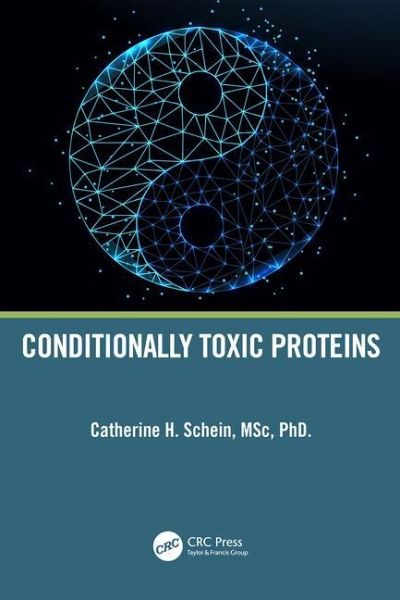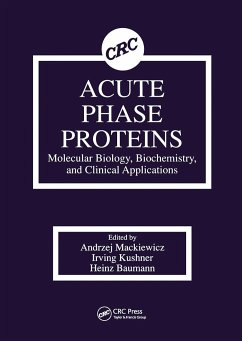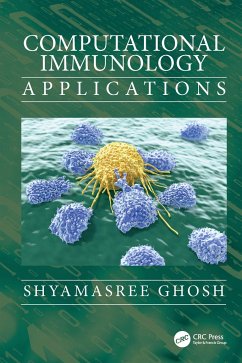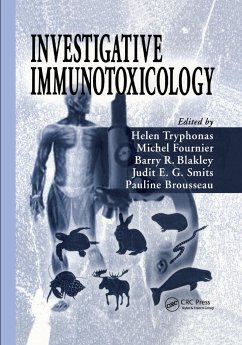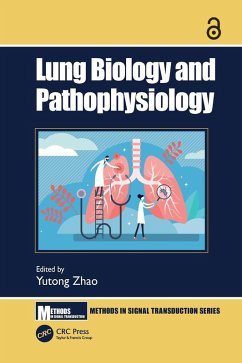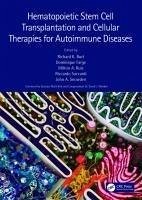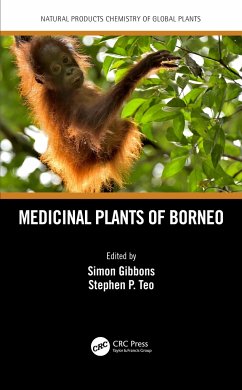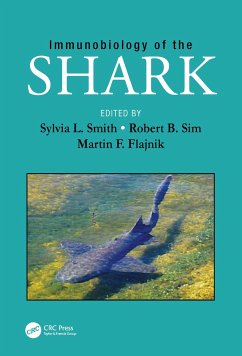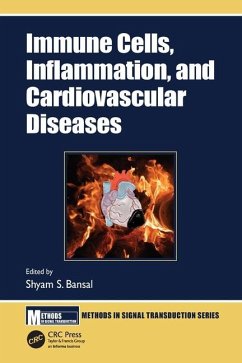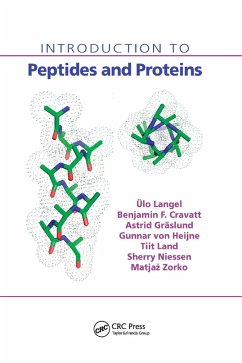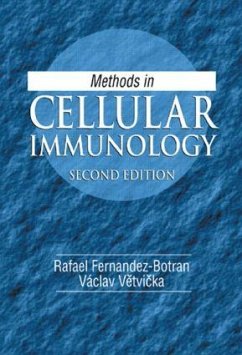Catherine H. Schein
Gebundenes Buch
Conditionally Toxic Proteins
Versandkostenfrei!
Versandfertig in 1-2 Wochen
Weitere Ausgaben:

PAYBACK Punkte
62 °P sammeln!




Human health depends upon access to high-quality proteins for our diet and pharmaceutical use. This book deals with the nature of toxicity as it applies to proteins in food and drugs.
Dr. Catherine H. Schein earned a BA from the University of Pennsylvania in Biochemistry, a MSc from the Massachusetts Institute of Technology in Biochemical Engineering and a PhD from the Swiss Federal Institute of Technology (Zürich) in Technical Microbiology, with thesis projects on hemoglobin and the extracellular proteins of pathogenic Streptococci. Her interest in conditionally toxic proteins began while in a blood lab at a major hospital, which introduced her to blood groupings, leukemias and other blood diseases. Watching a young cousin go into anaphylactic shock after eating a nut (he survived but does his own cooking) led to her work on determining why seemingly innocuous proteins in food and pollens can cause extremely negative reactions in certain people. She produced pharmaceutical proteins, interferons (IFN) and other cytokines, at the industrial scale, for treating infections and cancers. During this work, she developed methods to prevent the aggregation of proteins, which have been used to produce thousands of other proteins for research and medical use. After transitioning to academic research, she studied interactions of IFN with ribonucleases and other cellular proteins, inhibitors of viral proteins and bacterial virulence factors, and distinguishing properties of allergenic proteins. She also studied inhibitors of aggregation of human proteins that form plaques in the brain characteristic of Alzheimer and other neurodegenerative diseases. This book reflects a central principle common to all these projects: that valuable pharmaceutical and food proteins can also be toxins, depending on context.
Produktdetails
- Verlag: CRC Press
- Seitenzahl: 176
- Erscheinungstermin: 17. Oktober 2023
- Englisch
- Abmessung: 235mm x 157mm x 14mm
- Gewicht: 415g
- ISBN-13: 9781032366937
- ISBN-10: 1032366931
- Artikelnr.: 68714507
Herstellerkennzeichnung
Libri GmbH
Europaallee 1
36244 Bad Hersfeld
gpsr@libri.de
Für dieses Produkt wurde noch keine Bewertung abgegeben. Wir würden uns sehr freuen, wenn du die erste Bewertung schreibst!
Eine Bewertung schreiben
Eine Bewertung schreiben
Andere Kunden interessierten sich für




